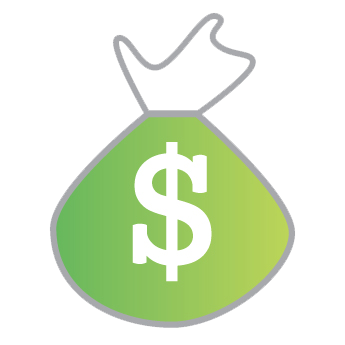In recent years, housing affordability across Sydney has been a hotly debated political topic. It’s always hard to predict what is on the mind of voters and more importantly how they will vote, but with many Liberal-held seats across Sydney impacted by the recent shift down in pricing, along with Labour’s plan to make significant changes to negative gearing from January 1 2020 and to Capital Gains Tax – how will all of this effect voters in the upcoming election?
In the aftermath of the Banking Royal Commission and a tightening of the Bank’s lending criteria along with a tightening of foreign ownership rules, we have seen prices year-on-year dip down by up to 10 per cent in some mainly Liberal electorates across Sydney, but will this discount have an effect on voters at the polls?
Wentworth home owners have experienced a current discount in selling price around $320,000 which is 9.9 per cent down from the median priced home. The Liberal held seats of Bradfield, North Sydney and Reid have also seen discounts below the median price point. Across the board, the discount on pricing in the Sydney market has generally been higher in the more expensive areas.
The average discount for Bennelong that includes the development hot spots of Ryde and Epping is one of the highest discounts for house sales at 12.2 per cent. Of the 20 electorates nationally with the highest year-on-year discounting, 16 were in Sydney.
Labor has made the cost of housing an election issue with their proposed changes to negative gearing and the capital gains tax discount. However, the impact of the recent dip in housing prices is unlikely to sway many votes, says Stewart Jackson, a politics lecturer at the University of Sydney especially when you consider up to 30 per cent of voters in some of these electorates are renters.
“If you live in the electorate, yes, it has an effect. [But] if you’re a landlord and live in Woollahra or Warringah, well, already you probably were going to vote Liberal,” Dr Jackson said.
“I don’t think [voters] will react so much to property as to more of a general feeling of how the economy is going,” he said.
It remains to be seen whether such policies will be watered down, or whether property investing voters will swing based on concerns of losing key tax benefits.









